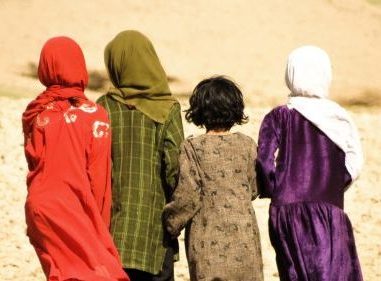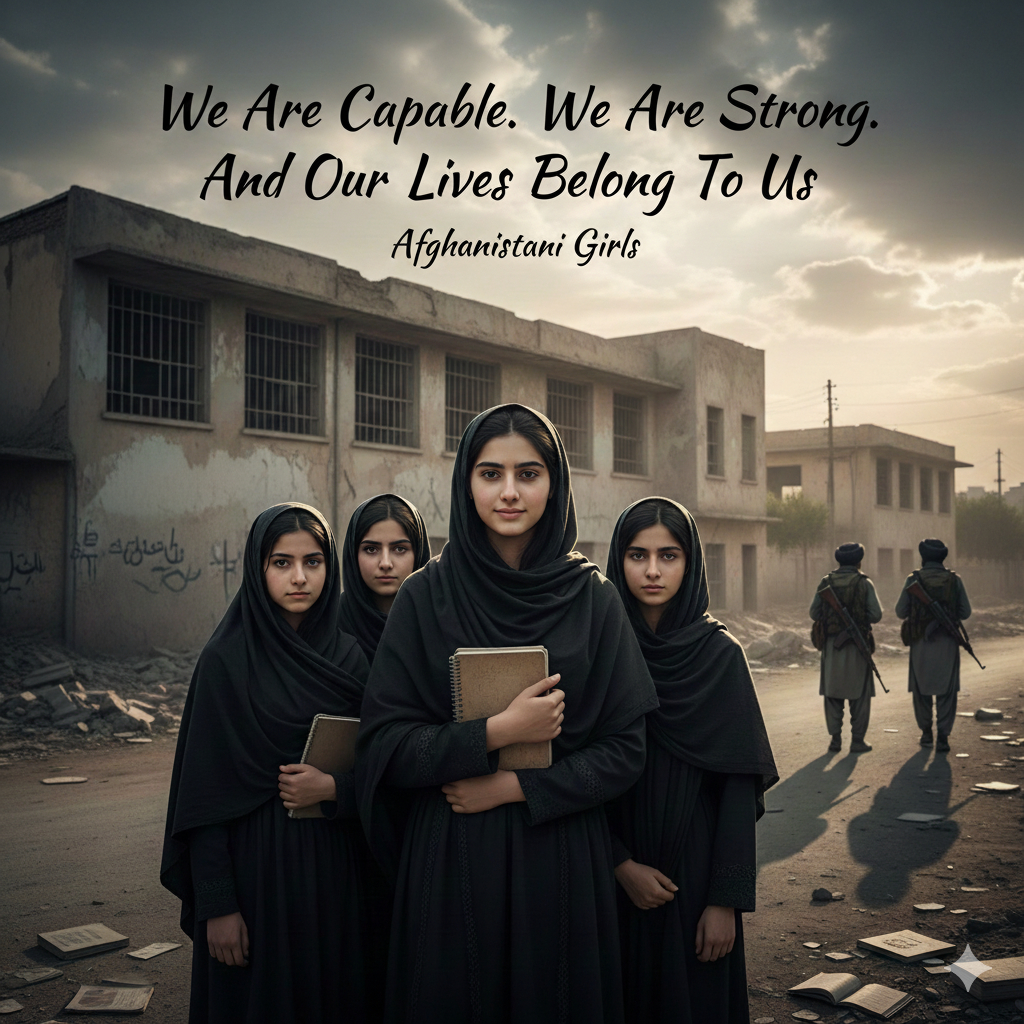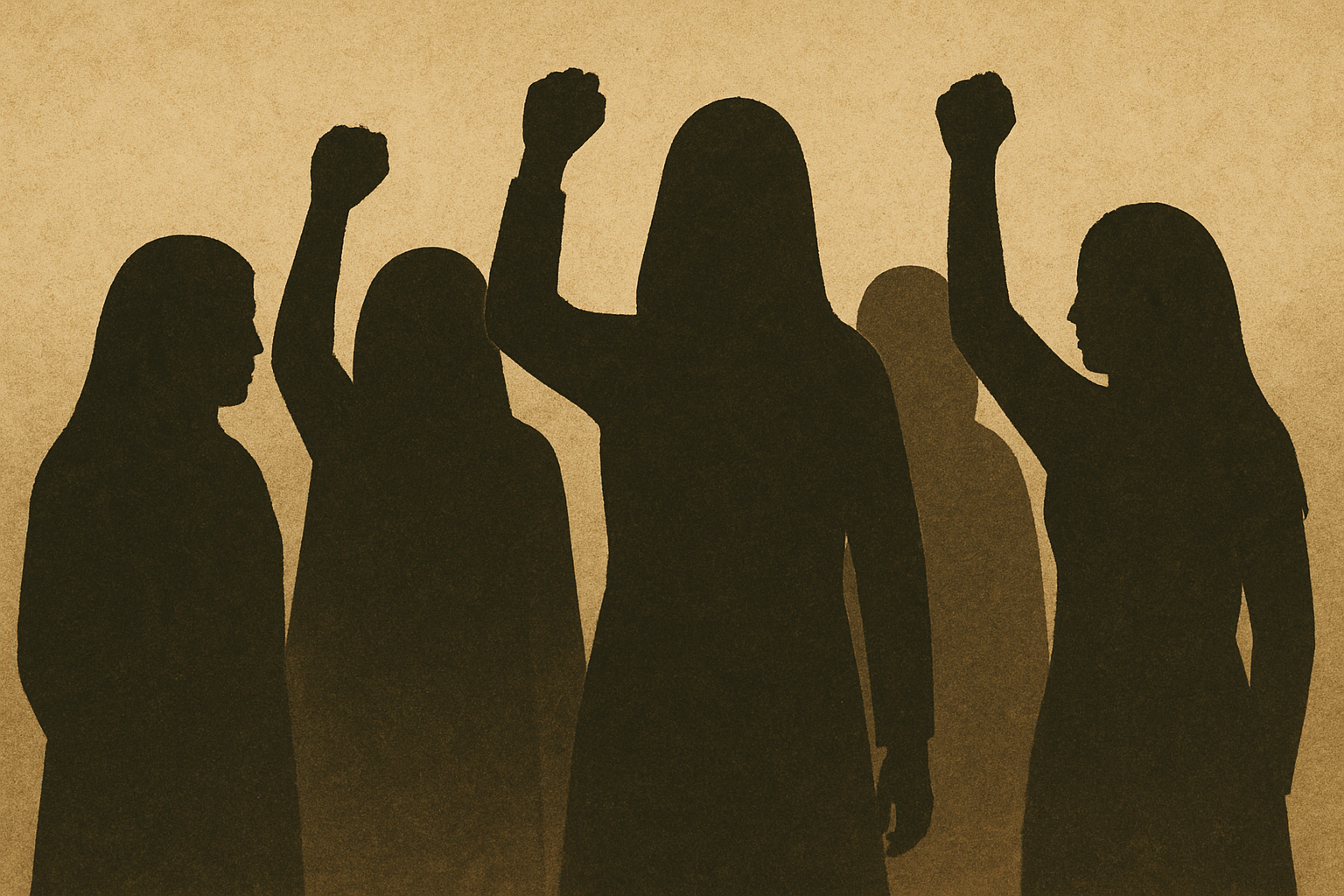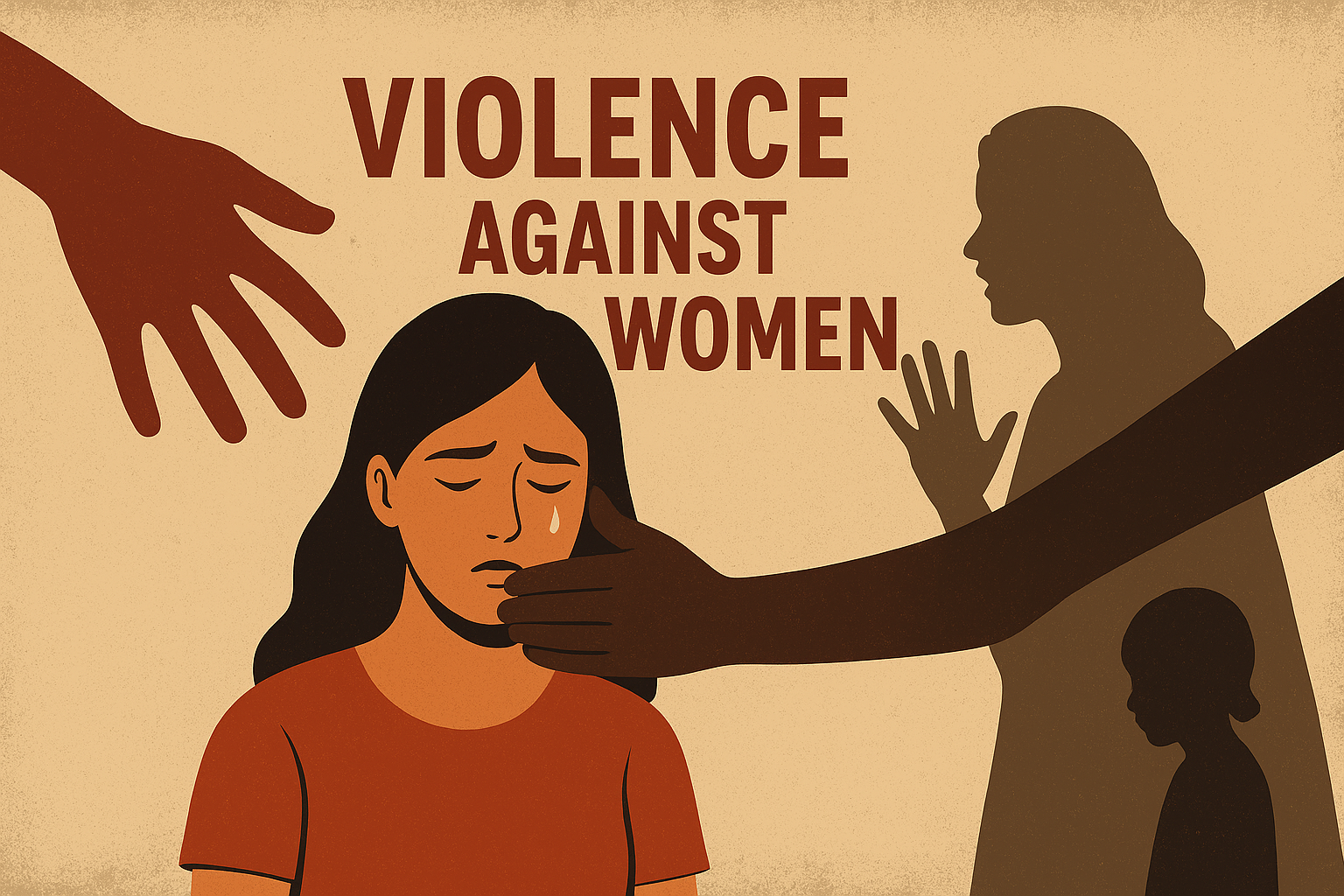Peace is one of the greatest hopes for every human being. Throughout history, people have always tried to build a world without war. Unfortunately, nowadays, although not the whole world is at war, many places still suffer from conflict.
The meaning of peace is not only a life without war. It also includes other important aspects, such as respecting and accepting one another, pursuing education, ensuring justice, treating each other with dignity, showing kindness, and standing against discrimination. The first step to achieving peace is accepting all people regardless of their nationality, religion, or culture. If we do this completely, we can move closer to peace.
Education is also an important foundation for peace. Without knowledge, achieving peace is nearly impossible. If people in a society are uneducated and unaware of the advantages of unity—such as solving problems together through conversation and understanding—they will struggle to live peacefully.
When I was in 12th grade, I lived in a lucky and somewhat wealthy family in Ghazni city. My father planned to get a scholarship for me to study abroad. But when the Taliban came to power, my father lost his job and became an emigrant. Our financial situation worsened day by day. I had to start working to help my family, and now I am a full-time teacher. I am the breadwinner at home and cannot study as well as before. We lost our comfortable life, and now my father is far from us.
I think all of these problems for Afghanistani people stem from poor education.
Justice is another key part of peace. In any society where people do not treat each other equally or fairly, and where there are social differences and discrimination, people cannot live comfortably or enjoy life. Life without peace is very hard and stressful. In countries without peace, people cannot progress, enjoy education, or live happily in life.
Finally, peace is one of the greatest hopes and the main reasons for a good and successful life. It is a journey that we go through in life: respecting each other, living equally, and rejecting discrimination.
– Saima
Letter received from our students participating in our Mentorship program. Name and text altered for protection of our students and for grammatical changes.





